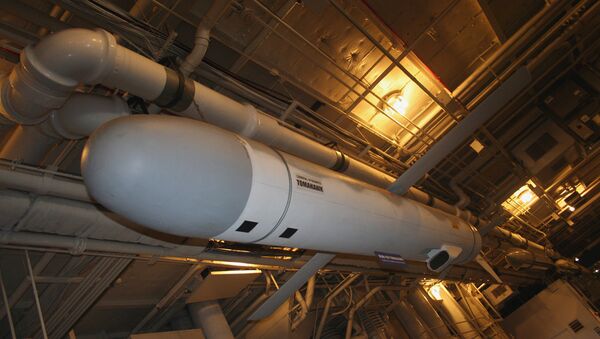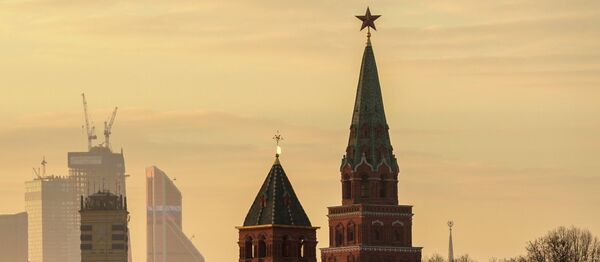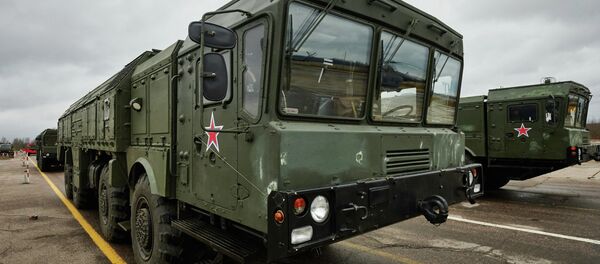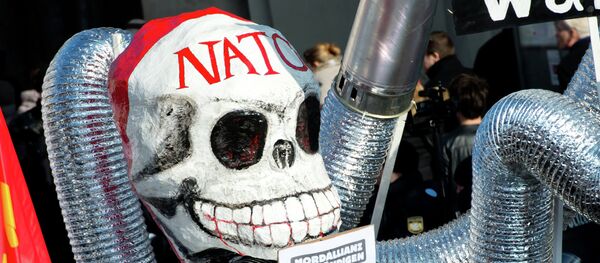However, McCauley noted that "looking at Germany, the majority of Germans don't want nuclear weapons on their soil." The professor explained that this goes back to the Cold War era, when West Germans showed "great resistance to placing American nuclear weapons on West German soil. This continues today, so it will be a hard sell for Angela Merkel" if she makes such a decision. Still, "it is possible that the weapons may still end up in Germany because there are still American bases there."
McCauley believes that an important factor in Washington's calculations is the fact over the past 50 years, "Europe has always been very resistant to nuclear weapons on its soil."
McCauley noted that in Europe, NATO policy is presently being guided by "some of the smaller countries in Eastern Europe," which feel insecure over being "no match for the Russian military…You don't get it from Britain or France or Spain or Germany or Italy; these countries don't feel threatened by Russia." McCauley noted that these larger Western countries are forced to respond to the insecurities of their eastern counterparts.
The professor also considers the NATO buildup as an attempt to give its members "the impression that NATO is relevant, since over the last 5 to 10 years, there has been a debate about whether NATO has any mission at all, whether it is valuable and whether it should exist. It needs an enemy and a mission, and can say that it has one –Russia," whose perceived actions in Ukraine are making some of the alliance's eastern members feel insecure.
Earlier this month, US officials raised the possibility of deploying nuclear missiles in Europe after accusing Russia of violating the INF Treaty. Russian Defense Ministry responded that such a deployment would render the US non-compliant with the treaty.




